WOODEN CORE BOX MAKING TOOLS
The job of pattern maker is basically done by a carpenter. The tools required for making patterns, therefore do not much differ from those used by a carpenter, excepting the special tools as per the needs of the trade. In addition to tools used by a carpenter, there is one more tool named as the contraction rule, which is a measuring tool of the pattern maker’s trade. All castings shrinks during cooling from the molten state, and patterns have to be made correspondingly larger than the required casting in order to compensate for the loss in size due to this shrinkage. Various metals and alloys have various shrinkages. The allowance for shrinkage, therefore, varies with various metals and also according to particular casting conditions, and hence the size of the pattern is proportionally increased. A separate scale is available for each allowance, and it enables the dimensions to be set out directly during laying out of the patterns. The rule usually employed the one that has two scales on each side, the total number of scales being four for four commonly cast metals namely, steel, cast iron, brass and aluminum. To compensate for contraction or shrinkage, the graduations are oversized by a proportionate amount, e.g. on 1 mm or 1 per cent scale each 100 cm is longer by 1 cm. The general tools and equipment used in the pattern making shop are given as under.
1. Measuring and Layout Tools
1. Wooden or steel scale or rule
2. Dividers
3. Calipers
4. Try square
5. Caliper rule
6. Flexible rule
7. Marking gauge
8. T-bevel
9. Combination square
2. Sawing Tools
1. Compass saw
2. Rip saw
3. Coping saw
4. Dovetail saw
5. Back saw
6. Panel saw
7. Miter saw
3. Planning Tools
1. Jack plane
2. Circular plane
3. Router plane
4. Rabbet plane
5. Block plane
6. Bench plane
7. Core box plane
4. Boring Tools
1. Hand operated drills
2. Machine operated drills
3. Twist drill
4. Countersunk
5. Brace
6. Auger bit
7. Bit gauge
5. Clamping Tools
1. Bench vice
2. C-clamp
3. Bar clamp
4. Hand screw
5. Pattern maker’s vice
6. Pinch dog
6. Miscellaneous Tools
1. Screw Driver
2. Vaious types of hammers
3. Chisel
4. Rasp
5. File
6. Nail set
7. Screw driver
8. Bradawl
9. Brad pusher
10. Cornering tool
Copied from Introduction to Basic Manufacturing Processes and Workshop Technology by Rajender Singh.


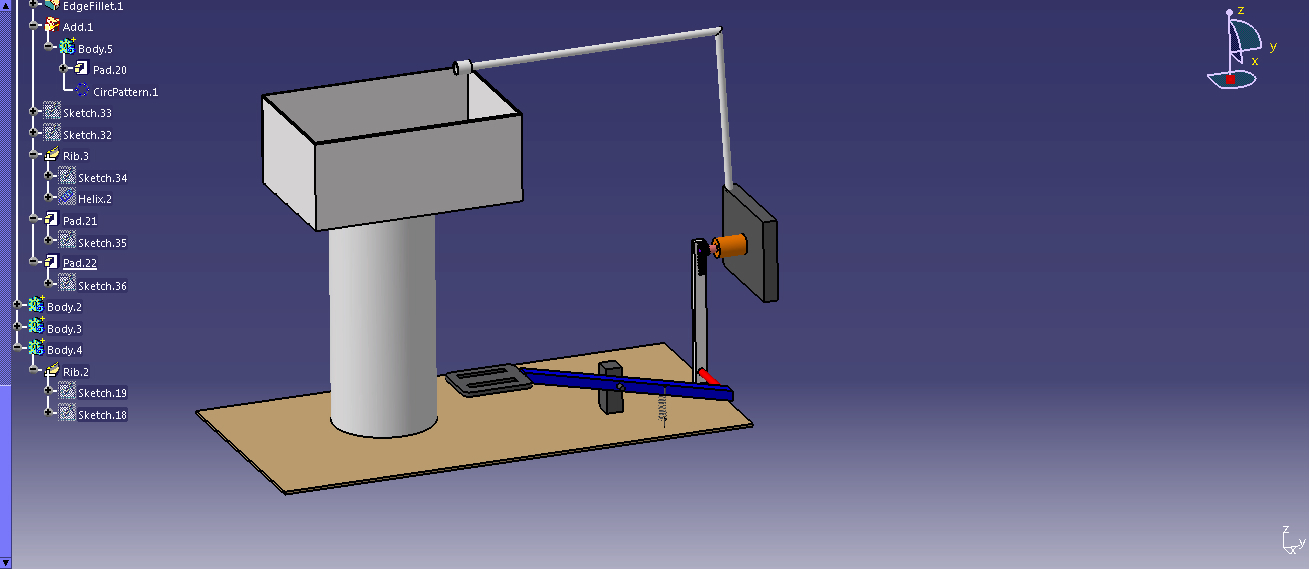


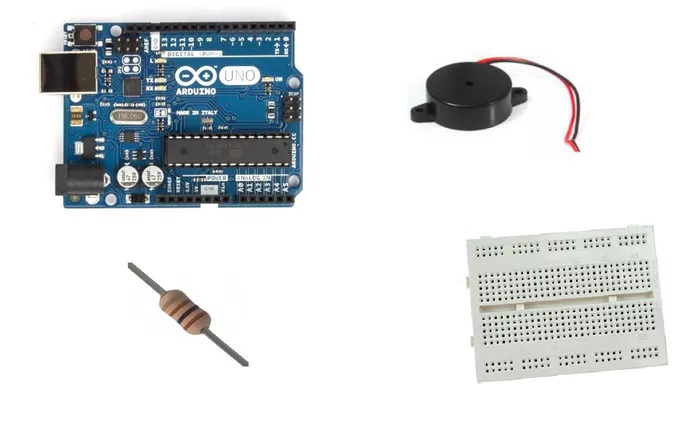
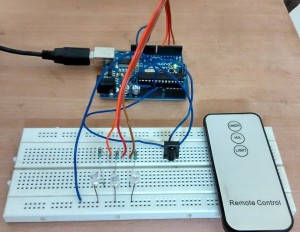

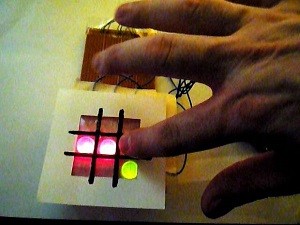
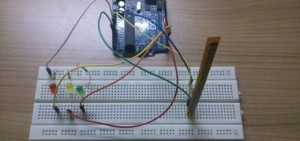
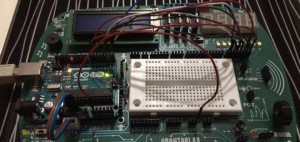
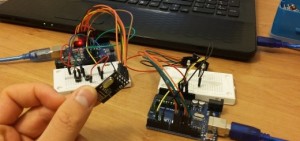
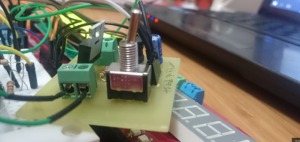
Post Comment
You must be logged in to post a comment.